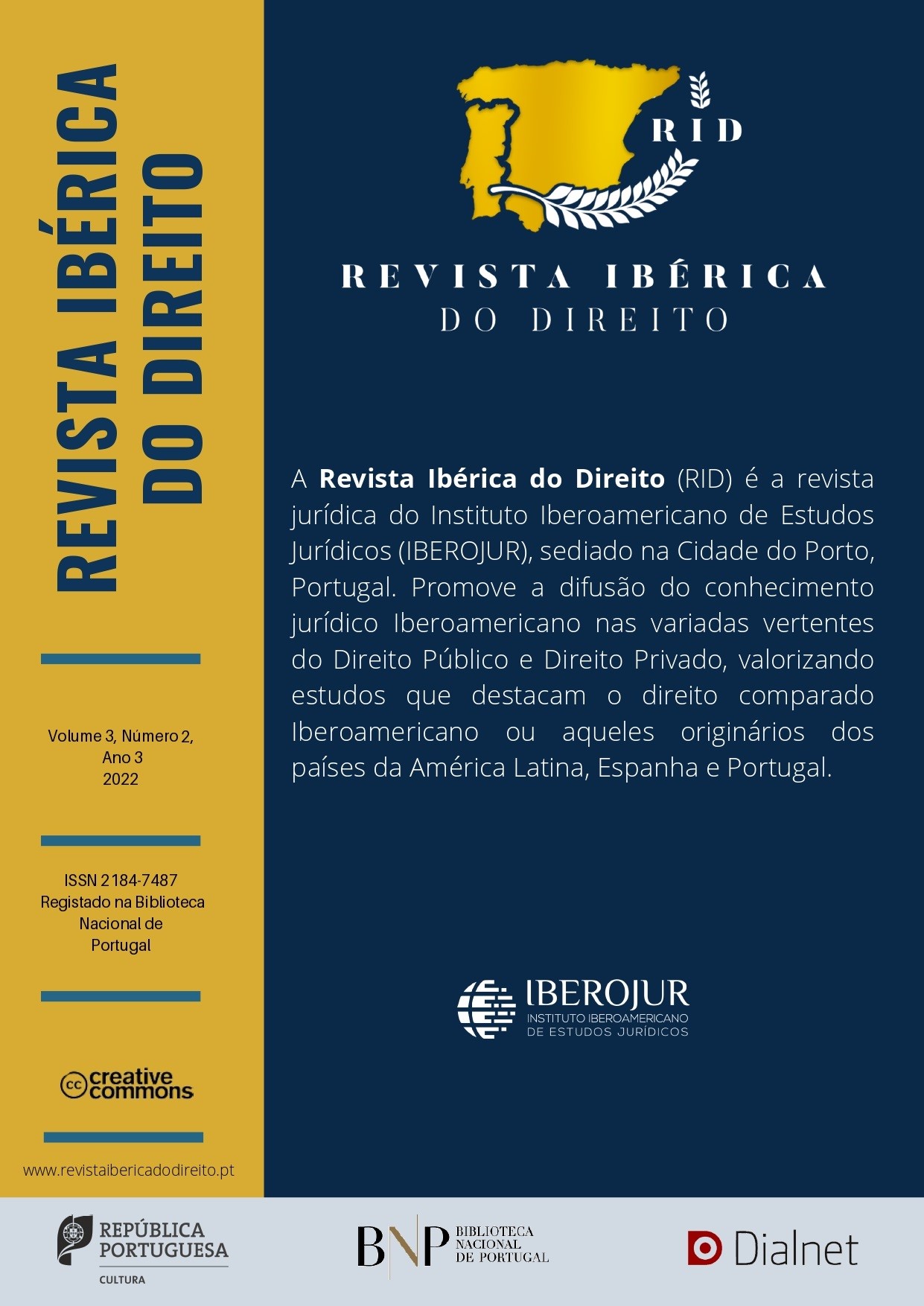DIREITO INTERNACIONAL E POVOS INDÍGENAS: REFLEXÕES SOBRE REPERCUSSÕES JURÍDICAS E AVANÇOS HISTÓRICOS
Abstract
Abstract: This article aims to address the debate surrounding the fundamental prerogatives of indigenous peoples in the context of Public International Law. Throughout history, treaties and agreements have often proven to be unfavorable to these peoples, leading to the deprivation of their lands and autonomy. This reality reflects a past of state supremacy and acquisition of indigenous territories through the application of the principle of terra nullius, which considered lands occupied by indigenous people as territories without ownership. Moreover, until the mid-20th century, the recognition of the rights of indigenous peoples was limited. The prevailing conception of state sovereignty at that time neglected the claims of indigenous peoples, who suffered from the lack of legal protection. However, a transformation occurred after the Second World War, with the emergence of Human Rights and the recognition of the importance of the international principle of self-determination of peoples. This paradigm shift led to the Keywords: indigenous peoples; state sovereignty; Human Rights; self-determination; fundamental rights.
Published
Issue
Section
License
Copyright (c) 2023 Revista Ibérica do Direito

This work is licensed under a Creative Commons Attribution-NonCommercial-NoDerivatives 4.0 International License.
Este trabalho está licenciado sob uma Licença Creative Commons Attribution 3.0


